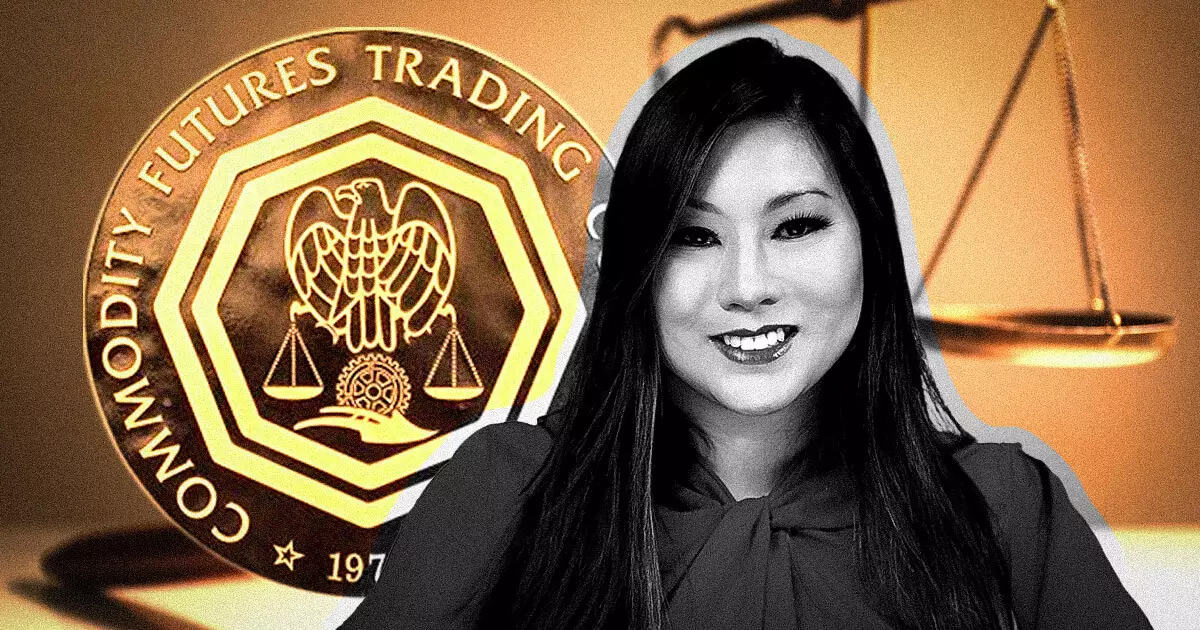CFTC Commissioner Caroline Pham’s recent comments regarding her agency’s charges against KuCoin have shed light on a potential conflict between the CFTC and the SEC. Pham expressed concerns that the CFTC’s aggressive enforcement action may infringe on the SEC’s jurisdiction. Specifically, she pointed out that the complaint fails to differentiate between investments in funds, which typically fall under the SEC’s purview, and the trading activities of a fund, which are within the CFTC’s realm. This lack of distinction, according to Pham, could have serious implications for investor protection laws and the stability of the securities market.
Commodity Classification
One significant aspect of the case is the classification of Bitcoin, Ethereum, and Litecoin as commodities. This classification potentially removes these tokens from the SEC’s regulatory authority. However, Pham’s statements do not directly address this issue, leaving room for further debate on the matter. The implications of this classification on the overall regulatory landscape for digital assets remain uncertain.
Legal Action Against KuCoin
The CFTC filed civil charges against KuCoin and associated entities on March 26, alleging that they were operating an illicit digital asset derivatives exchange and violating the Commodity Exchange Act by failing to register with the CFTC. Additionally, the US Department of Justice brought criminal charges against KuCoin and two of its founders for alleged violations of anti-money laundering laws. In response, KuCoin reassured users that their funds were secure and stated that it was in compliance with local regulations. The company’s legal team is currently reviewing the allegations against them.
Commissioner Pham’s remarks underscore the complexities of regulating digital assets and the challenges posed by overlapping jurisdiction between regulatory agencies. The case against KuCoin highlights the need for clear distinctions between different types of financial activities to ensure effective oversight and protection for investors. The outcome of this legal dispute will likely have broader implications for the regulation of digital asset exchanges and the enforcement of anti-money laundering laws in the crypto space.

